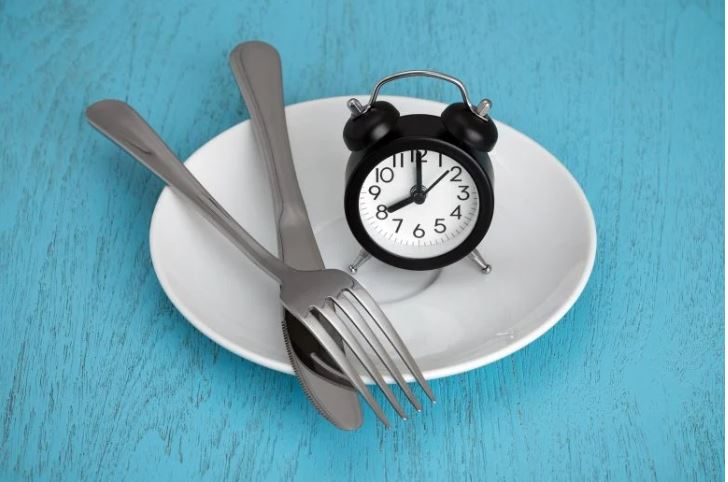


 1:15:48
1:15:48  2025-04-13
2025-04-13  1048
1048

Cutting carbs, even without reducing calories, may offer the same metabolic benefits as intermittent fasting, according to new research from the University of Surrey.
Intermittent fasting, which typically involves periods of significant calorie restriction, may be falling out of favor. New research from the University of Surrey suggests that similar metabolic benefits can be achieved by simply reducing carbohydrate intake, without the need for extreme calorie cuts.
In the study, researchers examined adults aged 20 to 65 who were classified as overweight or obese. Participants followed three different diet plans over a single day: a standard diet with typical carbohydrate levels, a low-carbohydrate diet with a normal calorie count, and a low-carbohydrate diet with substantial calorie restriction.
Key Findings
Researchers found that both low-carb diets, regardless of calorie reduction, led to improvements in the participants’ metabolic markers, and better handling of a high fat meal, including reduced levels of triglycerides – a type of fat in the blood that may lead to heart disease – and a shift towards burning fat for energy.
Dr Adam Collins, co-author of the study and Associate Professor of Nutrition at the University of Surrey, explained: “We found that by simply restricting carbohydrates, without enduring extreme calorie restriction, we can reap the metabolic effects associated with short-term fasting. This suggests that periodically reducing our carbohydrate intake could be a more accessible and sustainable way for people to manage and improve their metabolic health.”
Sustained Effects and Appetite Response
The study, published in the European Journal of Nutrition, also highlighted that while participants experienced increased hunger on the low-carbohydrate days, it didn’t translate into increased food intake over the following two days. This suggests that the body may adapt to the reduced carb intake, potentially making it easier to adhere to this diet in the long term.
Dr Collins added: “This research offers a promising new perspective on dietary interventions for metabolic health and could have an impact on managing conditions such as type 2 diabetes, heart disease and obesity.”
Reality Of Islam |
|

Labor short

A new ultra

Batteries p
 9:3:43
9:3:43
 2018-11-05
2018-11-05
10 benefits of Marriage in Islam
 7:5:22
7:5:22
 2019-04-08
2019-04-08
benefits of reciting surat yunus, hud &
 9:45:7
9:45:7
 2018-12-24
2018-12-24
advantages & disadvantages of divorce
 11:35:12
11:35:12
 2018-06-10
2018-06-10
 6:0:51
6:0:51
 2018-10-16
2018-10-16
 2:34:48
2:34:48
 2022-01-18
2022-01-18
 8:19:41
8:19:41
 2018-06-21
2018-06-21
 3:43:50
3:43:50
 2022-11-05
2022-11-05
 5:58:12
5:58:12
 2021-12-18
2021-12-18
 1:38:41
1:38:41
 2021-12-08
2021-12-08
 4:25:57
4:25:57
 2023-02-11
2023-02-11
 4:26:43
4:26:43
 2022-02-21
2022-02-21
 5:41:46
5:41:46
 2023-03-18
2023-03-18
| LATEST |